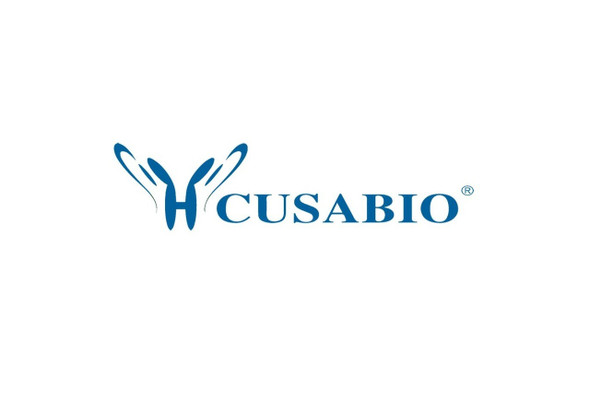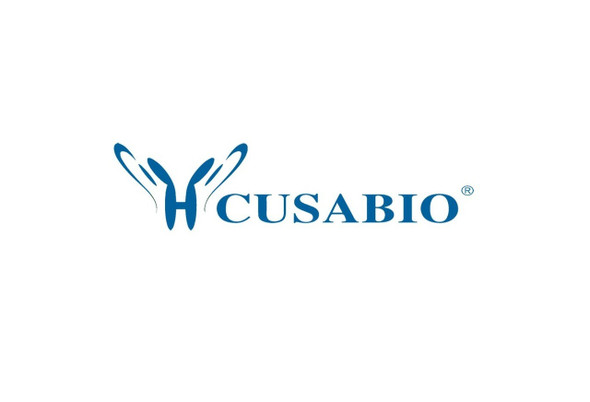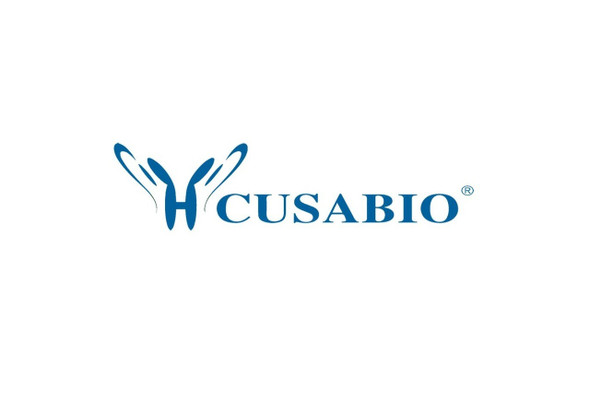Cusabio Polyclonal Antibodies
SYT4 Antibody | CSB-PA577153
- SKU:
- CSB-PA577153
- Availability:
- 3 to 7 Working Days
Description
SYT4 Antibody | CSB-PA577153 | Cusabio
SYT4 Antibody is Available at Gentaur Genprice with the fastest delivery.
Online Order Payment is possible or send quotation to info@gentaur.com.
Product Type: Polyclonal Antibody
Target Names: SYT4
Aliases: synaptotagmin IV
Background: Synaptotagmins are a large gene family of synaptic vesicle type III integral membrane proteins that function as regulators of both exocytosis and endocytosis and are involved in neurotransmitter secretion from small secretory vesicles. Calcium binds to Synaptotagmin I which triggers neurotransmitter release at the synapse. Synaptotagmin II is phosphorylated by WNK1 in a process that regulates calcium-dependent interactions. Synaptotagmin III is involved in calcium-dependent exocytosis of secretory vesicles in endocrine cells and neurons. Synaptotagmin IV is expressed in neuronal tissues, and has the highest mRNA levels in the hippocampus. The proximity of the Synaptotagmin IV gene to markers of several psychiatric disorders suggest an involvement of synaptotagmin IV in human disease. Synaptotagmin V is a dense-core vesicle-specific protein that regulates a specific type of calcium-regulated secretion. Synaptotagmin VI interacts with adaptor protein-2 in a calcium-independent manner. Synaptotagmin VII is widely expressed in non-neuronal tissues.
Isotype: IgG
Conjugate: Non-conjugated
Clonality: Polyclonal
Uniport ID: Q9H2B2
Host Species: Rabbit
Species Reactivity: Human, Mouse, Rat
Immunogen: Fusion protein of human SYT4
Immunogen Species: Human
Applications: ELISA, IHC
Tested Applications: ELISA, IHC;ELISA:1:2000-1:5000, IHC:1:50-1:200
Purification Method: Antigen affinity purification
Dilution Ratio1: ELISA:1:2000-1:5000
Dilution Ratio2: IHC:1:50-1:200
Dilution Ratio3:
Dilution Ratio4:
Dilution Ratio5:
Dilution Ratio6:
Buffer: -20°C, pH7.4 PBS, 0.05% NaN3, 40% Glycerol
Form: Liquid
Storage: Upon receipt, store at -20°C or -80°C. Avoid repeated freeze.
Initial Research Areas: Neuroscience
Research Areas: Neuroscience;Signal transduction











